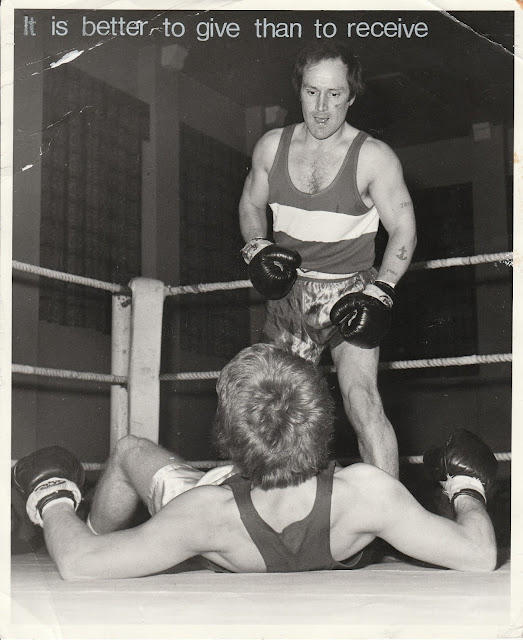All books are not for all people
All books are not for all people.
That’s obvious, right?
After all, someone who has no interest in calculus is unlikely to spend his evenings reading a book about higher calculus.
But that's non-fiction.
Does the proposition hold good forfiction?
Certainly. We all know that with fiction, one man’s meat is another man’s poison.
Example: I read a couple of Lee Child books a few months ago and rather enjoyed them. My friend’s opinion of Lee Child’s work? - “Crap”.
Example: I read a couple of Lee Child books a few months ago and rather enjoyed them. My friend’s opinion of Lee Child’s work? - “Crap”.
This raises an interesting question.
Are there good books and bad books, or merely books we like and books we don’t like?
Is it possible to say that one novel is objectively better than another?
As someone who believes in literature, I like to think so.
But how do you do that?
I’ve known people use a standard set of rules to evaluate a novel. E.g., does it have character development, does it have three-dimensional characters, does it address the major themes of love and death etc., or the minor lyrical themes and so on.
I’m not sure I buy that way of critiquing a novel.
It smacks too much of saying that there is a formula and provided that the author stays within the confines of that formula, he’s written a good book. How predictable our reading matter would be if authors all did that!
Surely there is a better way of judging literature.
There is of course the test of time - but most of us don't want to wait that long to find out whether what we've produced has artistic merit.
For what it's worth, my view is that it comes down to this:
There is of course the test of time - but most of us don't want to wait that long to find out whether what we've produced has artistic merit.
For what it's worth, my view is that it comes down to this:
First and foremost, does the book do the basics of setting out a good story?
Second, does it appear to nail the objectives set by the author for his own work?
Important note #1: the author has to have some objective when he’s writing a book. If he doesn’t, his thinking is confused.
What makes a great book great?
I’d say the starting point is what I’ve stated above: having objectives and nailing them. But, in addition, writing a great book would entail commenting in some way (sorry, I’m going to have to be lofty, now) on The Human Condition. (THC for short).
Important note #2: Writers who go down this path (of aiming to write great novels) have to bear in mind that they’re in the entertainment business, so any comments they make on THC should be unobtrusive and so artfully done that they appear to the reader to be a natural part of the story.
If their comments on THC are blatant and obvious, what they will write is nothing more than a clichéd joke, which will make people laugh – for all the wrong reasons.
Here's a good example of what I'm talking about - the reactions of two different people to the same novel. One heaps praise on it, the other damns it:
"...absolutely hilarious...This book is a brilliant mash-up of foodie TV, zombie horror, and Monty Python type comedy...It had me laughing out loud...I highly recommend this fast-paced and gleefully irreverent 4.5 star horror comedy"
- The Horror Maiden, 17 October 2016
"If you want to read about zombies raping people, then this is the book for you. If you are looking for a humorous romp about zombie chefs, go somewhere else."
- Amazon reviewer
Here's a link to the book in question:: http://mybook.to/ChefZombie
Which review do you agree with?
Here's a good example of what I'm talking about - the reactions of two different people to the same novel. One heaps praise on it, the other damns it:
"...absolutely hilarious...This book is a brilliant mash-up of foodie TV, zombie horror, and Monty Python type comedy...It had me laughing out loud...I highly recommend this fast-paced and gleefully irreverent 4.5 star horror comedy"
- The Horror Maiden, 17 October 2016
"If you want to read about zombies raping people, then this is the book for you. If you are looking for a humorous romp about zombie chefs, go somewhere else."
- Amazon reviewer
Here's a link to the book in question:: http://mybook.to/ChefZombie
Which review do you agree with?



Comments
Post a Comment